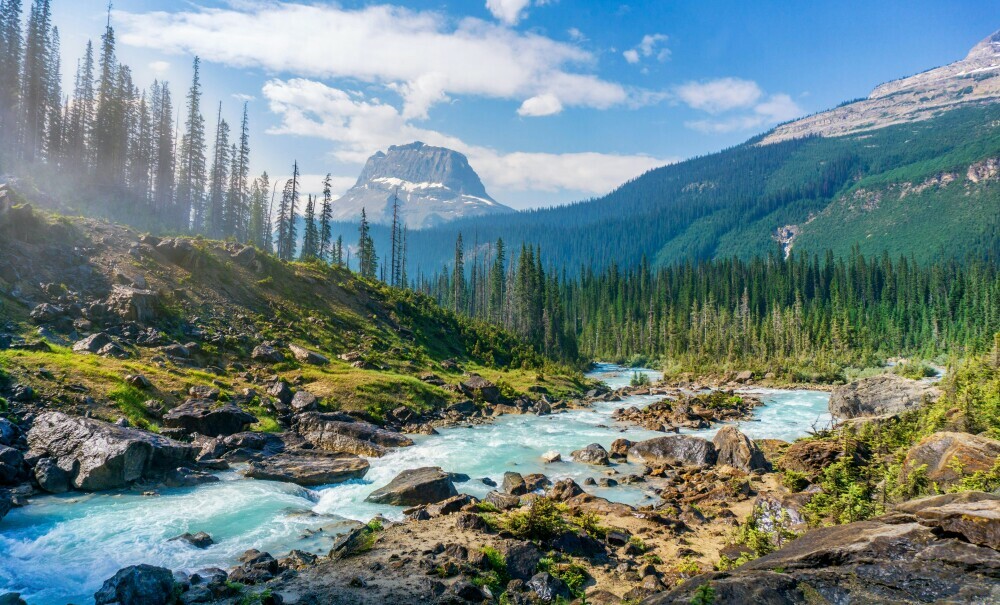
Wild Hearts, Wild Places: Why Wilderness Matters More Than Ever
Imagine vast, untamed landscapes untouched by human intervention. Towering mountains pierce the clouds, ancient forests whisper secrets on the wind, and crystal-clear rivers carve their paths through untouched valleys. These are wilderness areas – irreplaceable sanctuaries for nature and vital for our planet’s health and our own well-being.
Wilderness: A Cradle of Life
Wilderness areas are havens for biodiversity. Unaltered ecosystems provide critical habitat for countless species of plants and animals. Predators and prey maintain a natural balance, ensuring healthy populations and a thriving food web. These areas also act as natural carbon sinks, absorbing greenhouse gases and mitigating climate change.
Large, intact ecosystems like wilderness areas play a crucial role in regulating our planet’s climate and water cycles. Healthy forests act like sponges, soaking up rainwater and releasing it slowly, preventing floods and droughts. They also filter water, ensuring clean drinking supplies for both humans and wildlife.
Beyond Utility: The Spiritual Connection
Wilderness isn’t just about utility; it holds deep cultural and spiritual significance. Across cultures and throughout history, wild landscapes have inspired awe and reverence. From the towering redwoods revered by Native American tribes to the majestic mountains mentioned in religious texts, untamed nature has fueled our art, literature, and philosophy.
Wilderness also provides a refuge for the human spirit. Immersing ourselves in nature has proven benefits for mental health, reducing stress, anxiety, and depression. The quiet contemplation and sense of peace found in wild places is a balm for our fast-paced, technology-driven world.
Wilderness: A Booming Business
Wilderness areas aren’t just sanctuaries for nature; they’re economic drivers. The wilderness tourism industry creates jobs in local communities, from guiding services and accommodation to equipment rentals and outdoor gear stores.
Beyond tourism, wilderness areas provide valuable ecosystem services. Healthy forests purify air and water, regulate climate, and prevent soil erosion – all contributing to a thriving economy. Additionally, these areas support fisheries and agriculture by maintaining healthy water cycles and providing habitat for pollinators. The economic value of preserving these ecosystems is undeniable.
Protecting Our Wild Legacy: A Shared Responsibility
However, wilderness faces unprecedented threats. Climate change, habitat fragmentation due to development, and unsustainable resource extraction all endanger these irreplaceable areas. Legal protections and international conservation efforts are crucial in safeguarding wilderness.
But conservation goes beyond legislation. Educating communities about the importance of wilderness and fostering a sense of stewardship is vital. Emerging technologies like remote sensing and drone monitoring can aid in patrolling vast areas and deterring illegal activities.
The Call of the Wild: A Future Worth Fighting For
Wilderness areas are not just remnants of the past; they’re the foundation for a healthy future. By protecting these wild places, we safeguard biodiversity, ensure clean air and water, and preserve our cultural heritage. Let’s embrace the call of the wild, support conservation efforts, and ensure that future generations can experience the awe-inspiring beauty and irreplaceable value of wilderness.

